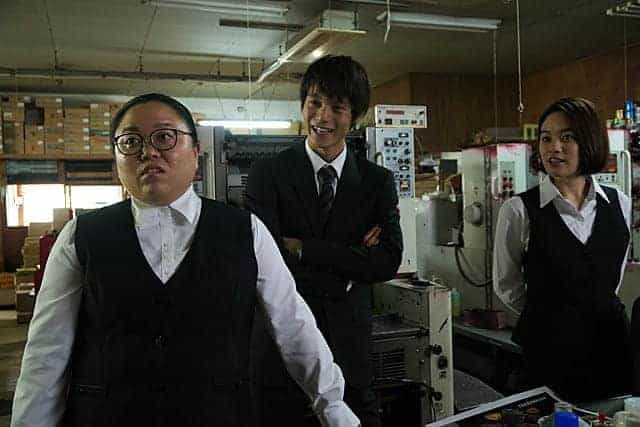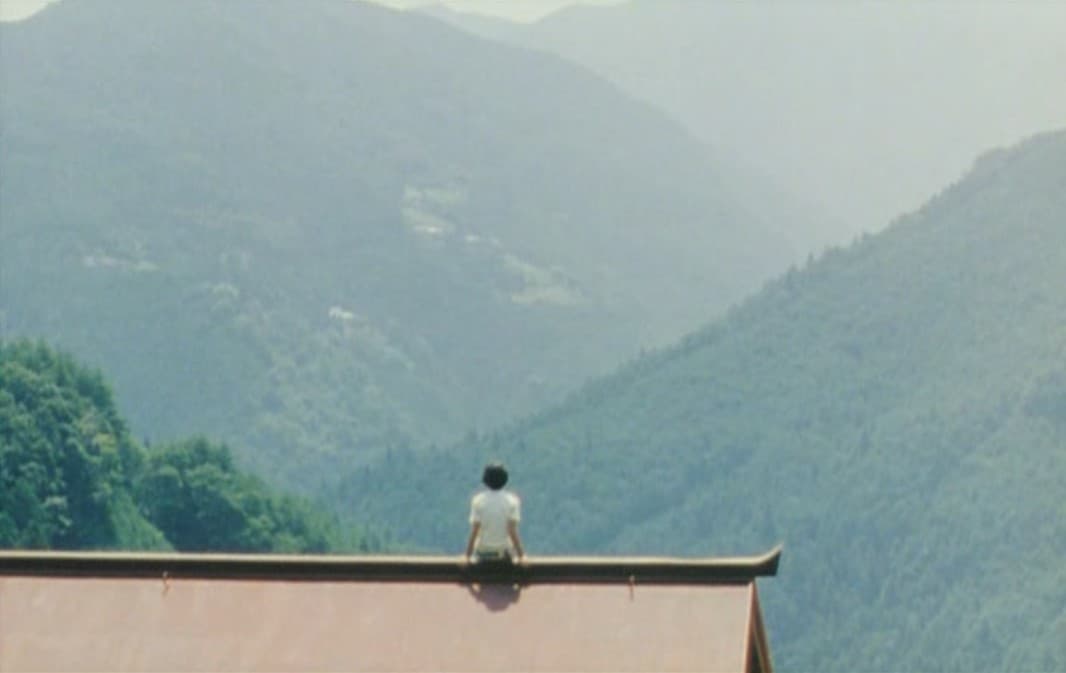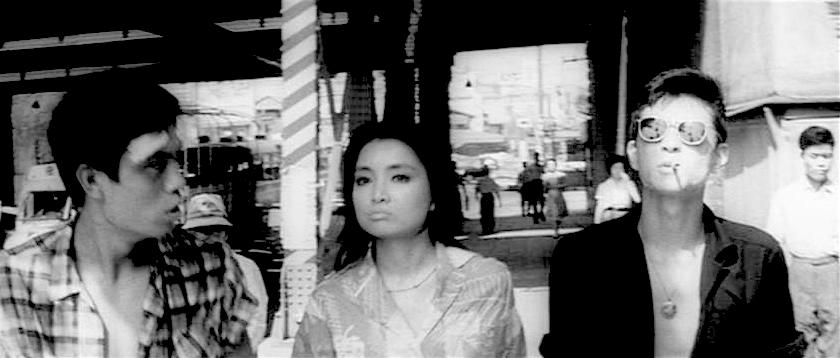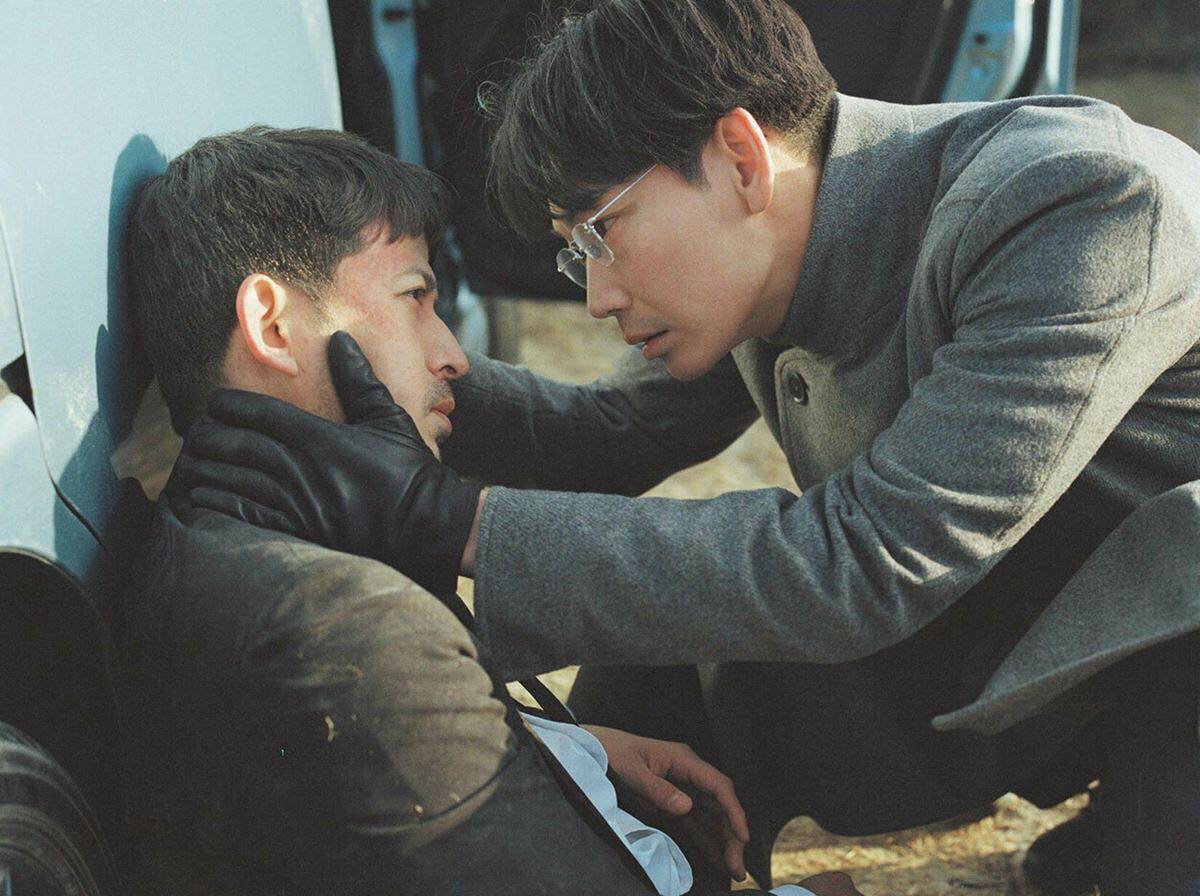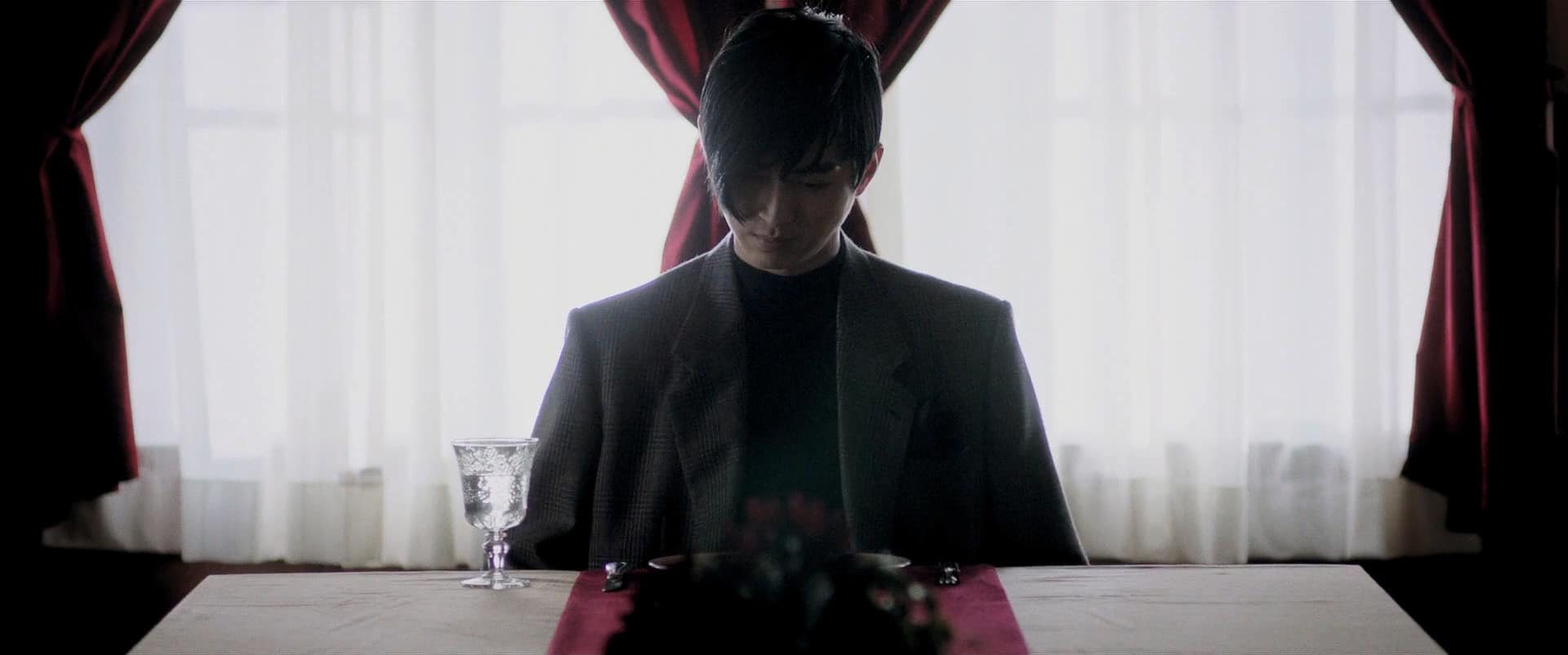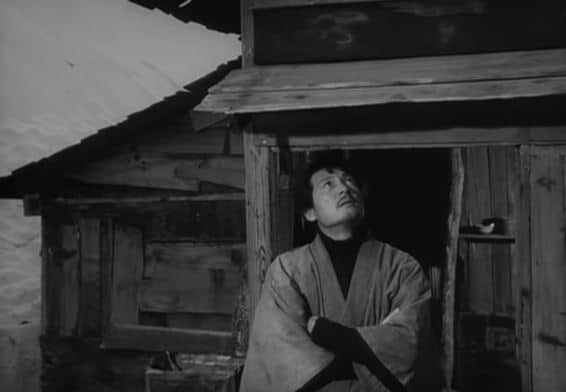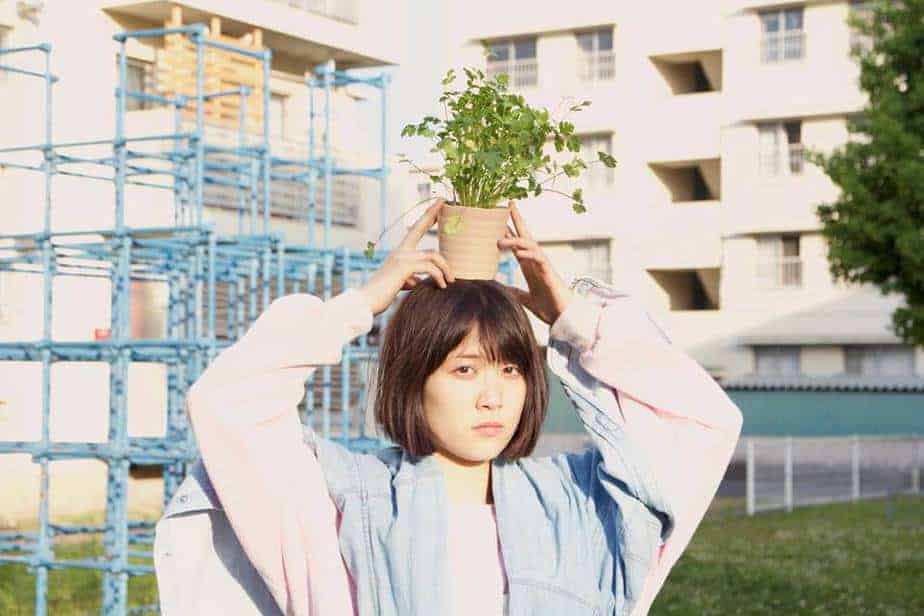“I really thought I could change.”
In general sibling rivalry is one of the oldest themes of mankind, a foundation for countless tales in art, film and literature. Ever since the story of Cain and Abel the focus has mostly been on brothers or sisters being enemies defined by envy and constant arguments. On the other hand the opposite, for example the happy family of sitcoms or sibling harmony as in Hirokazu Kore-eda's “Our Little Sister” (2015) does exist, but is rarely used. In the end, being enemies makes for a more dramatic and dynamic story perhaps. Or maybe it is just something which derives from a general experience of growing up with brothers and/or sisters.
More precisely, stories of rivalry rather than happiness are more common. In an article for the magazine “Psychology Today” author Jane Mersky Leder shares some insights into what seems to be popular narratives when it comes to sibling rivalry. In retrospect, many people would either be overly analytical about their relationship to their brothers or sisters while others would put a more positive focus on other relationships when talking about their childhood and youth.
In his extensive work titled “Dependency and Japanese Socialization” anthropologist Frank A. Johnson focuses on the condition in Japan, arriving at the conclusion how envy is likely to be punished by the parents. Since siblings have to spend their time largely together, bathe together and sleep in the same room, rivalry is frowned upon, which, of course, does not mean it is not there.
In his film “Thicker Than Water” Japanese director Keisuke Yoshida focuses on the theme sibling rivalry among a pair of brothers and two sisters. The filmmaker is no stranger to the topic as “Mugiko san to” (2013) also centered on the relationship of a sister and her brother. In “Thicker Than Water” the focus lies more on the silent envy and rivalry between the siblings, who is not supposed to be shown openly, but will reach its tipping point.
Yuria (Keiko Enoue) is the boss of a small printing agency which has been led by her family for years. Together with her sister Mako (Miwako Kakei) she does her best to keep the business afloat, even though her sibling considers working there only as something she does on the side while she waits for a new acting gig to happen. Given her beauty chubby Yuria has always been somewhat jealous of her sister feeling ignored and belittled, an experience resulting in her scolding her sister's behavior when she is given the chance.
Lately the rivalry has reached a new high with a new client, Kazunari (Masataka Kubota), bringing lucrative business to the printing agency. Additionally, Yuria has secretly fallen in love with the young man, who is oblivious to her advances considering he has a few worries of his own. With his brother Takuji (Hirofumi Arai) released from prison, he suspects the notorious ‘black sheep' of the family soon to be starting trouble again. When the two brothers' rivalry makes them compete each other for their parents' affection and Mako starts dating Kazunari, tensions quickly arise between the siblings.
To quote Mark Schilling in his review of the film one of the central points of the Yoshida's script is the “[shuttling] back and forth between two parallel stories”. In practice, while the two pairs of siblings seem to come from two very different backgrounds the kind of struggle, the heated arguments as well as the feeling of envy stays the same. For example, in the later part of the film parallel montage is used repeatedly to highlight the transition of the relationship, the change in attitudes as well as, again, the similarity between the siblings. However, Yoshida's film is at its best when presenting small details, such as two brief shots showing family photos presenting first Mako and Yuria, and then Takuji and Kazunari in a very similar position.
Overall, in its portrayal of family relationships “Thicker than Water” is a blend of comedy and drama. Especially Enoue and Kubota convince as two characters who feel betrayed as the shadow of their older brother, or respectively younger sisters casts a large shadow over their lives. Given the professional environment both have chosen to work in, emotions rarely surface, even though the small hints and teases from others define their everyday routine. There is, for example, a running gag with present and potential clients commenting on Mako's beauty, even the more or less salacious flirtation. Enoue's face and gestures reflect the pain and suffering, but also the upwelling anger leading to another instance of her putting Mako down for her slowness and alleged crudity.

Interestingly, as with many films of this kind, the amount of dialogues spoken is not as important in what is left unsaid or the contradiction in people's actions. Envy and feelings of inferiority derive from the long periods of silence between these characters, their inability to trust the other person despite being related. Their constant drive to change, for example, when Takuji aims to be a better son to his parents, is somewhat thwarted by not doing the same for his relationship to Kazunagi. His brother, on the other hand, claiming a morally superior position over his brother commits rather dubious acts of deception and dishonesty. Of course, the same goes for the two sisters.
Besides the aforementioned use parallel montage, one of the highlights of the film is the script written by Yoshida. Supported by a great ensemble cast, the dramatic and comedic aspects come to life, creating interesting and likable characters for their flaws are all but human in the end. Additionally, Takayuki Shida's camera captures the details of these characters as well as the environments in which they are in with a sharp eye for tension, comedy and tenderness.
“Thicker than Water” is a story about rivalry, about earning and giving trust. With a great cast and a good script the film reveals many interesting plot twists and scenes, some comedic, some more dramatic. Above all, this is a film by a director investing in the characters and their development, with an eye for their strengths and their flaws, a very human tale which will hopefully find its audience.
Sources:
1) Johnson, Frank A. (1993) Dependency and Japanese Socialization. Psychoanalytic and Anthropological Investigations into Amae. New York University Press.
2) Schilling, Mark (2018) ‘Thicker Than Water': Family fights and a great comedic turn for Keiko Enoue
https://www.japantimes.co.jp/culture/2018/02/14/films/film-reviews/thicker-water-family-fights-great-comedic-turn-keiko-enoue/#.W0IeM9IzY2w, last accessed on: 07/08/2018
3) http://www.skipcity-dcf.jp/en/films/filmmakers04.html, last accessed on: 07/08/2018
4) Mersky, Leder, Jane (1993) Adult Sibling Rivalry
https://www.psychologytoday.com/us/articles/199301/adult-sibling-rivalry, last accessed on: 07/08/2018


